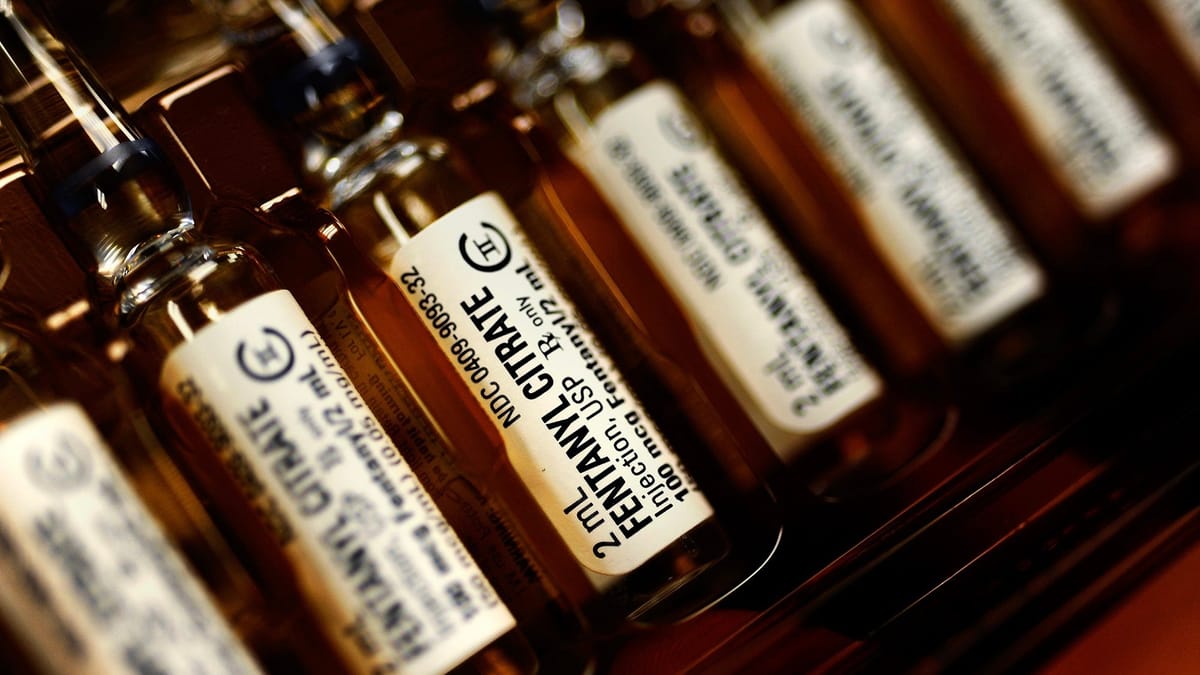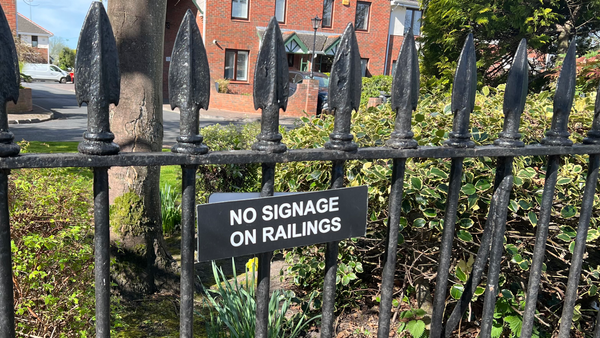A Primer on Fentanyl Overdoses and Related Toxicology - Introduction
A 4-part series

This is a news article about fentanyl overdoses. In the event of an actual overdose, stop reading, call 911, and seek immediate medical assistance.
To appreciate the true nature of the fake fentanyl narrative promoted by New Rochelle Schools Superintendent Jonathan P. Raymond in written statements and media interviews following an incident at New Rochelle High School on January 9, 2023, a primer on the pharmacology of opiates and opioids and toxicology screens for both is necessary, as is an understanding of the proper use of naloxone (sold under the brand name Narcan) a medication used to reverse or reduce the effects of opioids.
We aim to provide that primer here based on interviews with hospital representatives, medical professionals, peer-reviewed medical journal publications and information provided by the Center for Disease Control, the National Institute of Health, the Substance Abuse and Mental Health Services Administration and other state and federal agencies.
Given the length of this primer we are breaking it up into 4 parts with a series of subsections to make it a little easier for readers to digest.
A Primer - Part I
- Opiates v. Opioids
- Derivation and Types of Opioids
- Toxicology Screens for Drugs
- The Federal Five Toxicology Screens for Drugs
- Immunoassay v. Mass spectrometry
- Drug Testing is Used by the Federal Government to Screen Truck Drivers
- What is THC?
- THC and Oil Pens
- THC Overdoses
A Primer - Part II
- Fentanyl Toxicology Screen
- How to Test for Fentanyl
- NRFD/Empress Incident Response to a 2017 Opioids Overdose in New Rochelle
- How a Human Body Reacts to Fentanyl
- Symptoms of a Fentanyl Overdose
- Smoking Fentanyl-Laced Marijuana
A Primer - Part III
- Narcan (naloxone) Dosage
- Narcan (naloxone) Can Cause Death
- Negative Pressure Pulmonary Edema
A Primer - Part IV
- Information Requested But Denied
- Westchester Medical Center Drug Testing
- Research / Links




